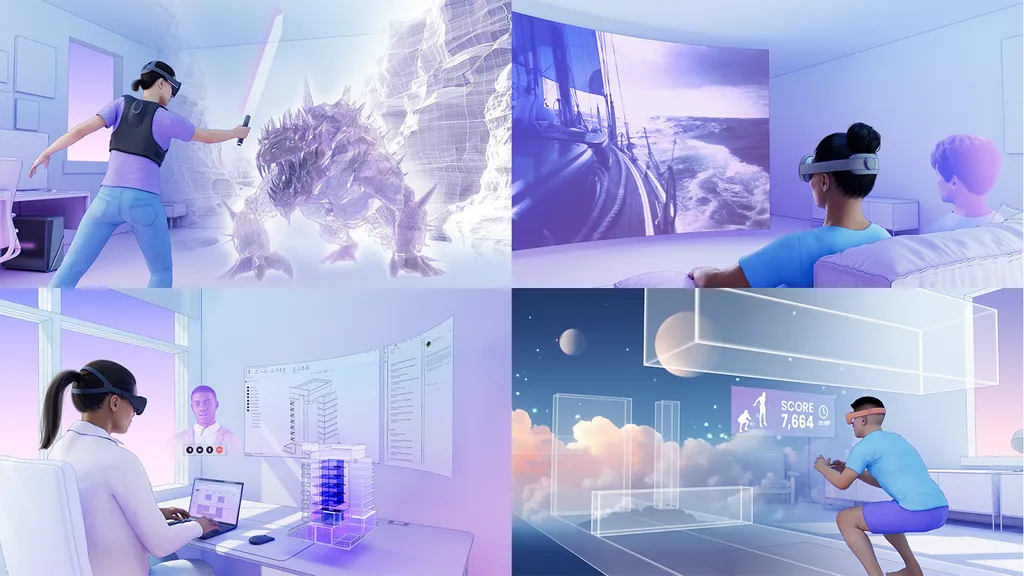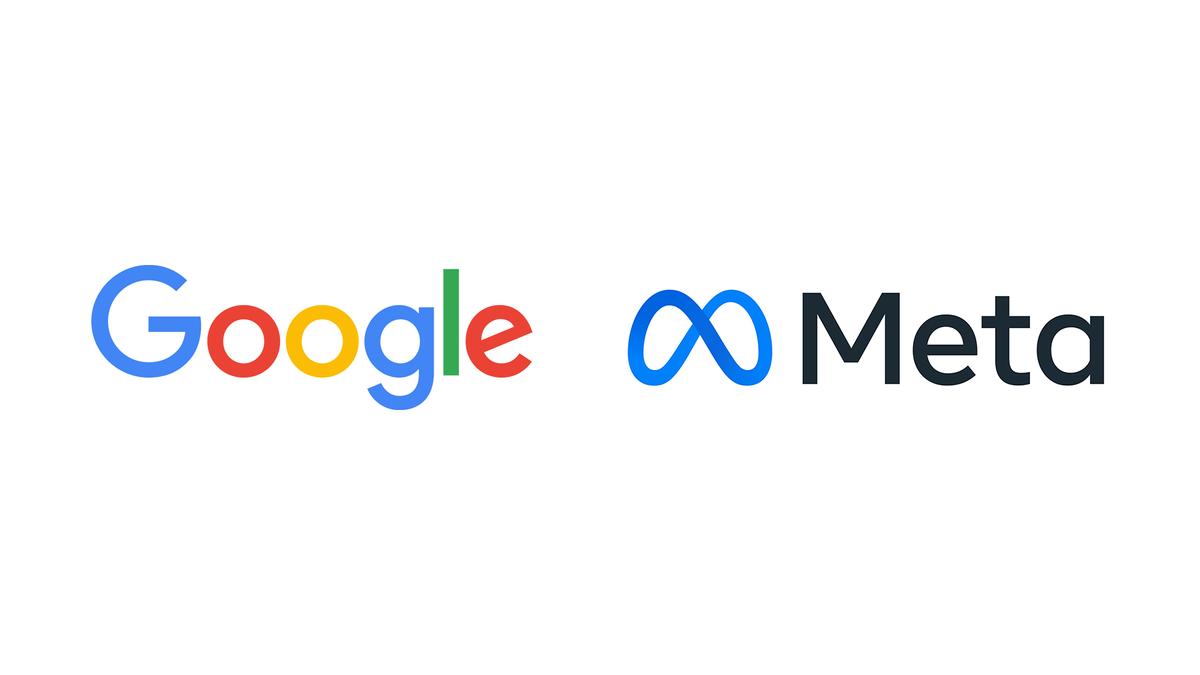Meta is rebranding its Quest software platform to Meta Horizon OS, and making it available to select third-party headset makers.
Headsets running the platform will feature a "Built with Meta Horizon OS" sticker on the box. They'll have access to the same core software and platform services as Meta Quest headsets, including Meta's tracking and mixed reality technology and app store. As with Quest headsets, using them will require a Meta account.
The Meta Quest Store will also be rebranded to Meta Horizon Store. Quest will remain only as the hardware brand for Meta's first-party headsets, and Meta will continue to put out new Quest headsets.
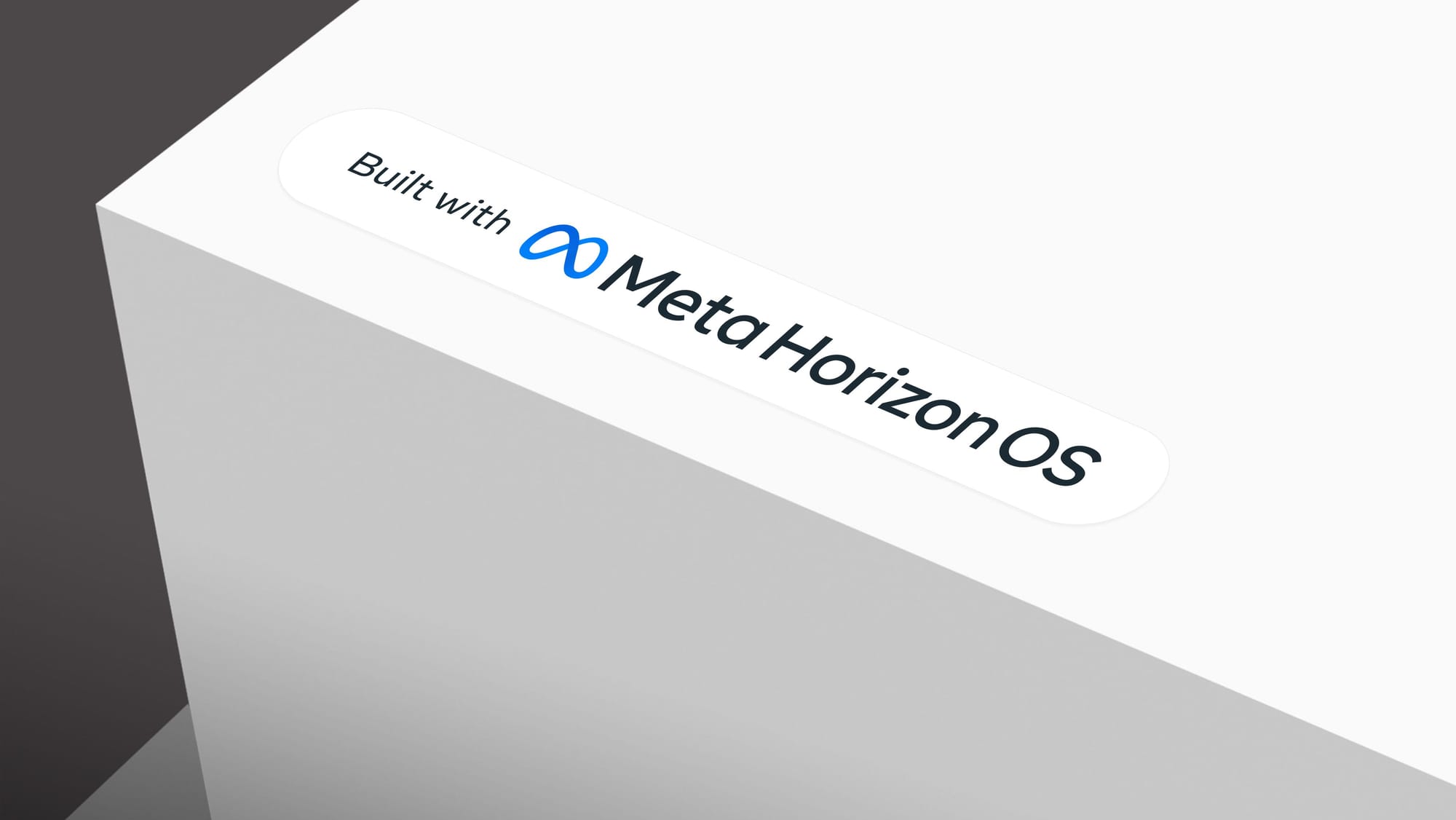
Two third-party companies have already publicly announced they are building new headsets running Meta Horizon OS:
- A "performance gaming headset" from Asus under its Republic of Gamers (ROG) brand.
- A line of headsets for "productivity, learning, and entertainment" from Lenovo.
In February Meta and LG announced an XR strategic collaboration including "next-gen XR device development", suggesting LG could also be making a headset running Meta Horizon OS.

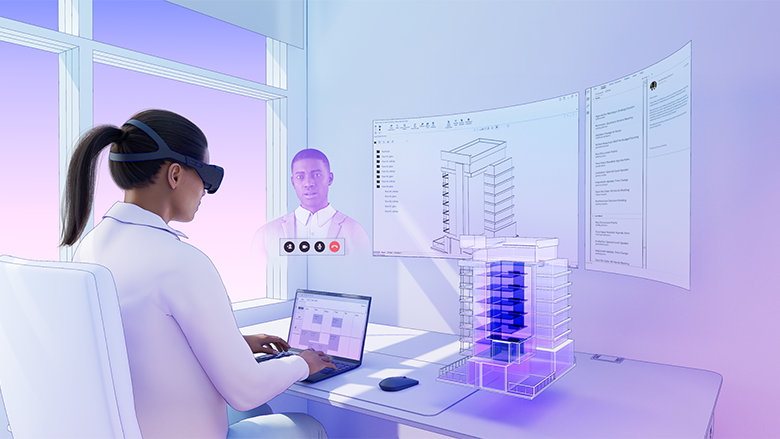
Concepts of Meta Horizon OS headsets from Asus's ROG brand (left) and Lenovo (right).
Meta CEO Mark Zuckerberg says he can "imagine" third-party Meta Horizon OS headsets optimized around specific use cases, such as:
- "A lightweight headset that pairs with your computer on your desk to provide the best work experience."
- A headset "fully focused on immersive entertainment like watching movies and videos with the highest resolution OLED screens."
- A headset "fully optimized for gaming with support for all kinds of different peripherals and haptics."
- A headset "designed for exercise that's extra-light with sweat-wicking materials".
It's unclear whether any of these refer to the Asus or Lenovo headsets, or just future potential avenues companies could take.
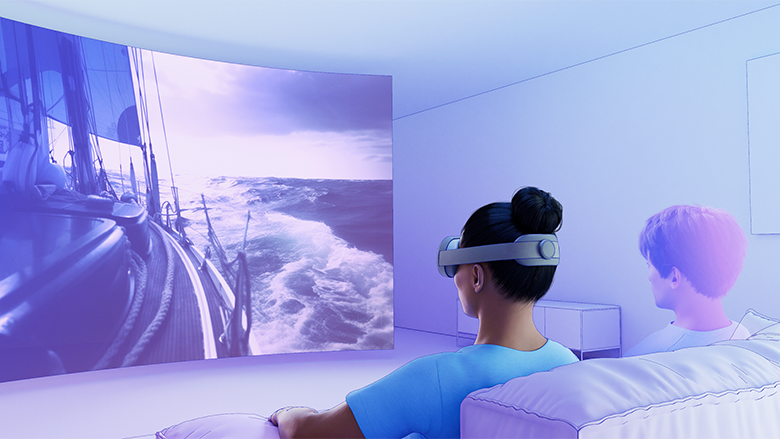

Concepts of Meta Horizon OS headsets optimized for media viewing (left) and fitness (right).
Additionally, Meta is working with Microsoft's Xbox division to create a "limited-edition Meta Quest" headset with Xbox branding. The concept image of this headset suggests it will be a special version of Quest 3, and Zuckerberg says it will include an Xbox gamepad in the box.
Today's news comes just under two months after it was revealed that Google tried to convince Meta to abandon the Quest platform (now Horizon OS) and switch to its upcoming Android XR platform, expected to be announced at Google I/O in three weeks.
Samsung is the first announced hardware maker adopting Android XR, and Google is reportedly trying to court other companies too. Meta's new strategy and securing multiple major companies already could be a major blow to Google's ambitions in the space, especially given Lenovo was Google's original partner for its previous VR platform Daydream back in 2018.
Meta has repeatedly said it wants Google to bring its Play Store of 2D Android apps to Quest (now Horizon OS), promising it can continue to take its existing cut of 2D app sales revenue. Google seems set on owning a full XR platform though, not just the 2D app section of Meta's.
In coming years Meta and Google will likely fiercely compete to convince third-party hardware makers to adopt their respective XR platforms. The history of technology suggests there's only room for one open platform alongside Apple's closed offering. Will this be true for XR too? And if so will it be Meta, or Google?

